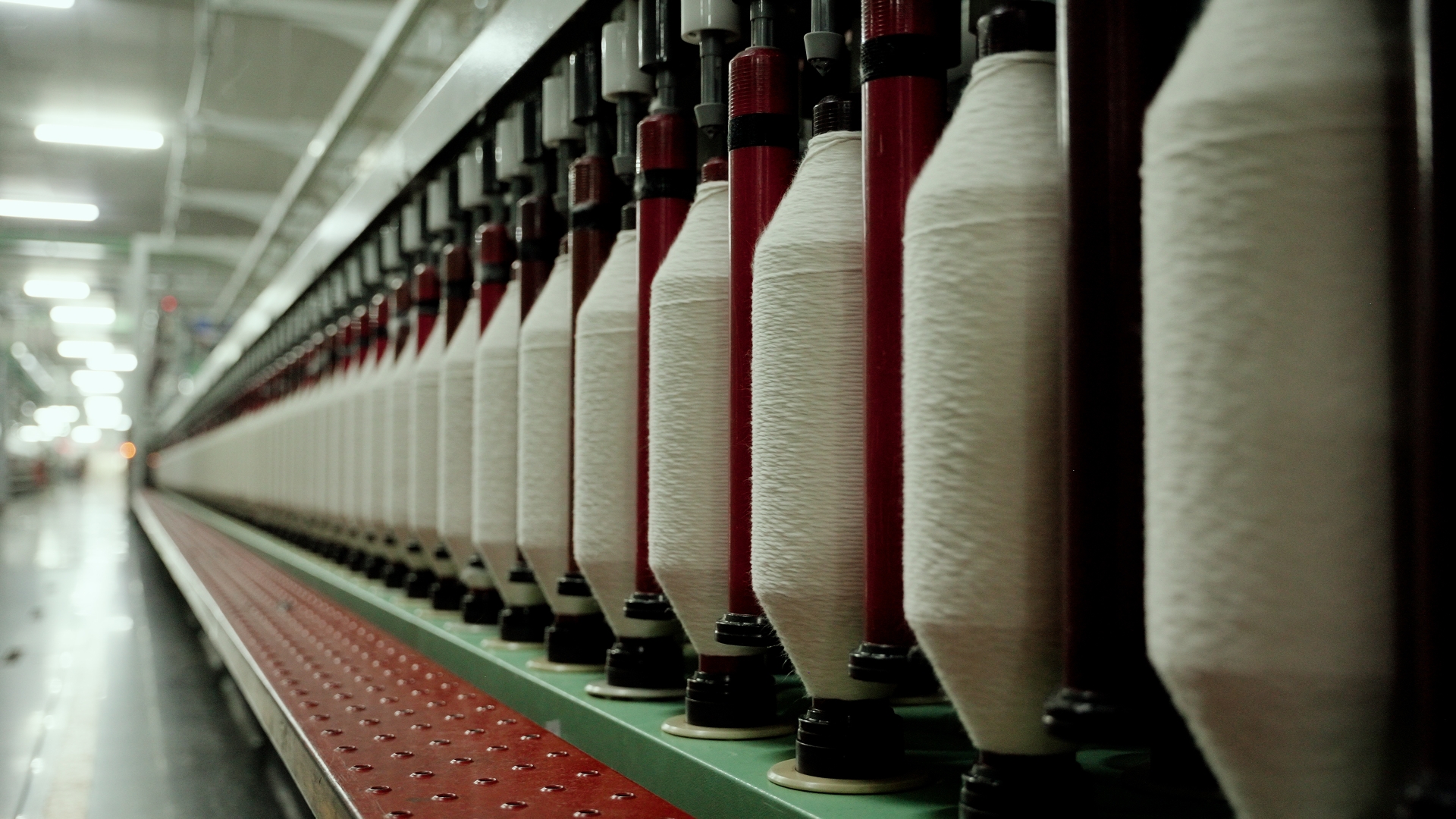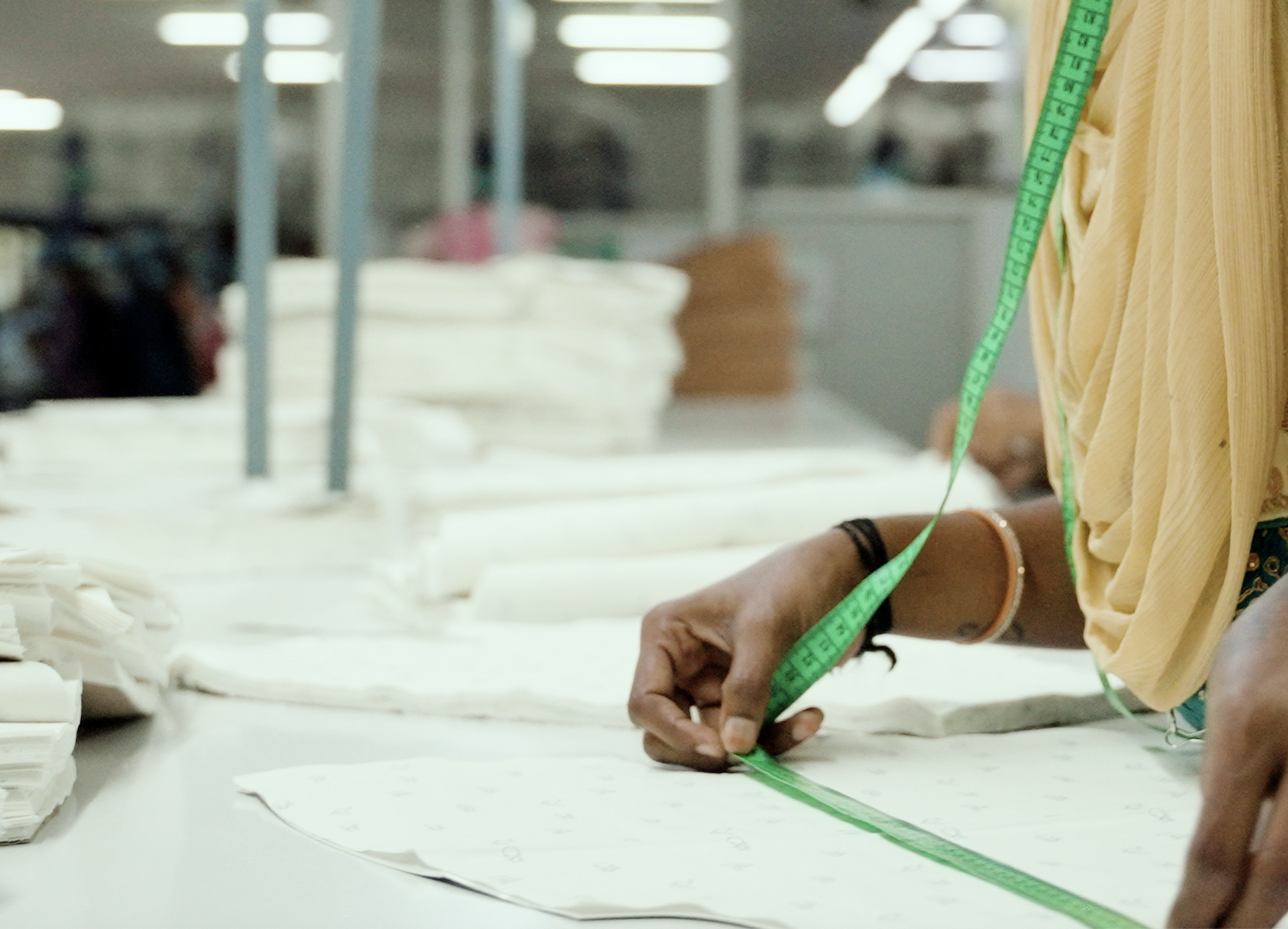Our approach
We aim to exclude deforestation from our own supply chains while working with others to promote good land management and sustainable production practices at a landscape level.
Rainforests store the most carbon by area, are of most value to disadvantaged communities, and contain greater biodiversity than almost any other type of forest. Yet these are the forests mankind is depleting most rapidly year on year, as the result of illegal or badly managed logging and land conversion for agriculture, including the cultivation of soy, palm oil and cattle.
M&S recognises commodity agriculture as a major contributor to forest loss, with a large proportion of tropical forest loss being associated with palm oil, soy and wood-pulp plantation development and cattle ranching.
However, these commodities can also play a valuable role in promoting sustainable livelihoods, agricultural productivity, and good land management, so we do not believe prohibiting their use is the best way to address deforestation.
The demand for timber is expected to triple by 2050, which will make it increasingly difficult to obtain. Wood is an essential commodity for M&S. It provides the base material for many of our products – most notably furniture, but also many others, including tissues, hairbrushes and greeting cards. We couldn’t package our products, even run our business, without wood materials, so we appreciate the vital importance of forests and timber plantations.
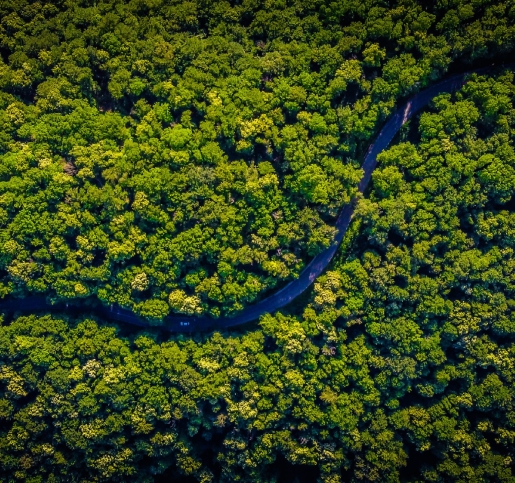
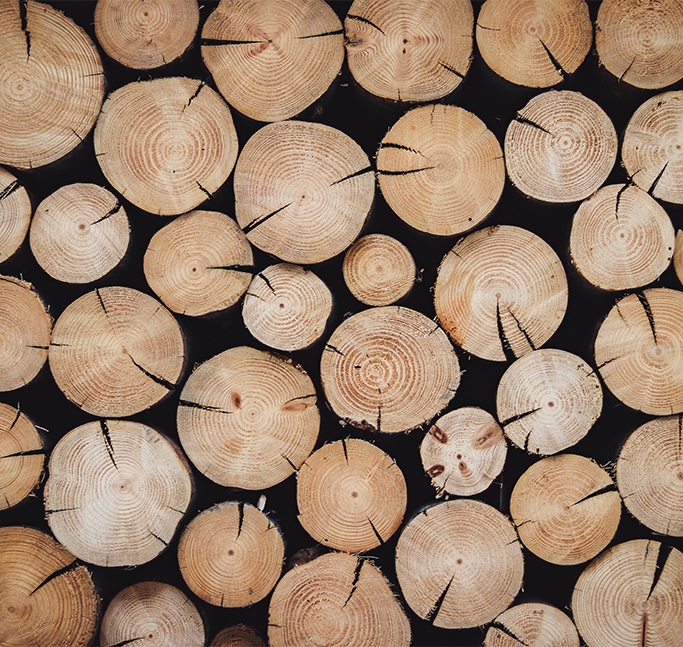
Our partners
We’re collaborating with many partners to help protect the world’s forests.
We’re working with the Forest Stewardship Council (FSC), Rainforest Alliance, Greenpeace and WWF, to improve our own standards and argue the case for a better approach sustainable forestry and wood sourcing in the industry.
We’re partnering with Strategic Environmental Consulting to improve our assessment and reporting approach. And we’re working with Canopy, to improve the sustainable sourcing of wood-based textile fibres.
We’re collaborating with the Roundtable for Sustainable Palm Oil (RSPO), the Round Table on Responsible Soy (RTRS), and the Leather Working Group, in support of our goal to remove commodity-driven deforestation.
Palm Oil
Since 2021, 100% of palm oil in M&S food was certified deforestation-free through a system of mass-balance. We continue to be members of the Palm Oil Transparency Coalition and are working to move 100% of M&S palm oil sourcing from a mass balance to 100% segregated responsibly sourced palm oil by 2025/26.
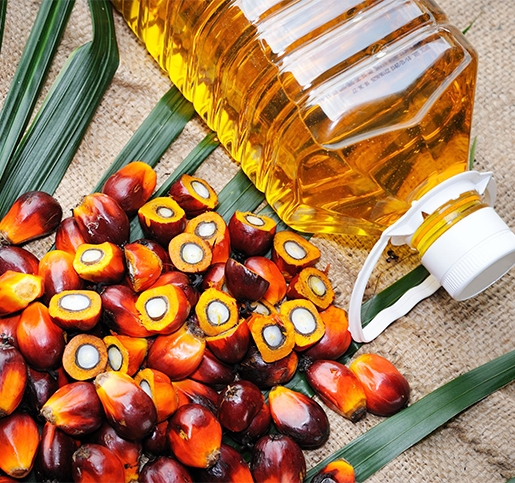

Soy
To help tackle the challenge of deforestation seen as a result of soy production, we are working to ensure 100% of soy we use in our products is sourced from verified deforestation and conversion-free supply chains by the end of 2025.
Man-made cellulosic fibres
To eliminate the risk of deforestation within our man-made cellulosic fibres (MMCF) supply chain, protect biodiversity and mitigate carbon emissions, we have been partnering with Canopy Planet since 2015 and actively taking part in their CanopyStyle initiative. In addition to our strict minimum standards which limit the mills our suppliers can source MMCF from, we are committed to strengthening our requirements even more and only using specific green- ranked MMCFs.


Wood
Together with forestry, sustainability, and industry experts, we’ve developed a clear policy to ensure wood is consistently sourced across our business.



